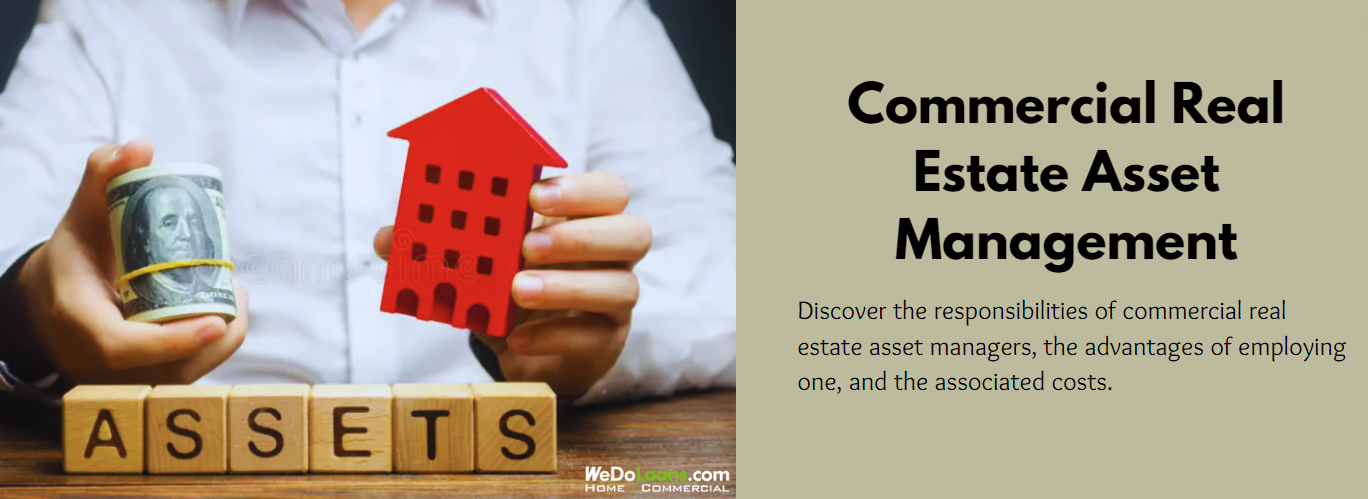
Commercial real estate asset management involves evaluating how effectively a project or property aligns with an investor’s goals. It’s crucial for gathering necessary information before purchasing assets or deciding to liquidate them.
What is Asset Management in Commercial Real Estate?
Asset management in commercial real estate entails analyzing properties to devise strategies that minimize risks and ensure long-term profitability and return on investment. These services help ensure that real estate portfolios meet stakeholders’ goals and maintain them over time. By leveraging these services, investors can adopt a more passive investment approach, relying on asset managers’ expertise to guide key decisions.
What Are the Responsibilities of Asset Managers in Commercial Real Estate?
Asset managers in commercial real estate focus on maximizing property value to achieve optimal returns on investment. Their responsibilities include:
- Developing investment strategies:
Asset managers create economically sound strategies tailored to investors’ portfolio goals. They provide realistic expectations and effective strategies to navigate local market challenges.
- Property management:
Asset managers oversee property management activities, including marketing properties to maximize portfolio returns. They handle hiring and managing property personnel, negotiate contracts, and oversee property maintenance and renovations.
- Providing expertise:
Drawing on extensive industry experience, asset managers offer insights into market updates and changing strategies. They support the development of new strategies and long-term portfolio growth.
Additional responsibilities include negotiating property agreements, assisting with asset transactions, managing cash flow, enhancing property value through marketing and improvements, and creating/managing financial projections and budgets.
Benefits of Asset Managers in Commercial Real Estate
Utilizing asset managers in commercial real estate offers numerous benefits, including reduced risk exposure and improved economic outcomes aligned with specific investor goals. They facilitate informed decision-making, help maximize property investment potential, streamline due diligence processes, and secure competitive financing terms.
How Are Asset Management Fees Calculated?
Asset management fees typically range from 0.5% to 3% of the property’s monthly revenue. These fees are agreed upon based on the property’s gross income and may include additional charges such as acquisition and disposition fees.
How is Property Management Different from Asset Management?
Property management focuses on day-to-day operations such as tenant management and rent collection, while asset management emphasizes financial strategies and property value enhancement. Both roles complement each other, with property managers handling operational tasks and asset managers providing strategic financial guidance.
Conclusion
Commercial real estate asset managers play a crucial role in optimizing investor portfolios through strategic planning and market expertise. Their support enables investors to make informed decisions and achieve their investment objectives effectively.
